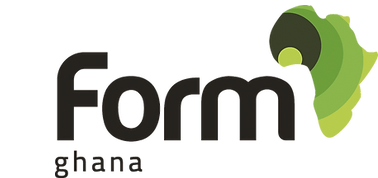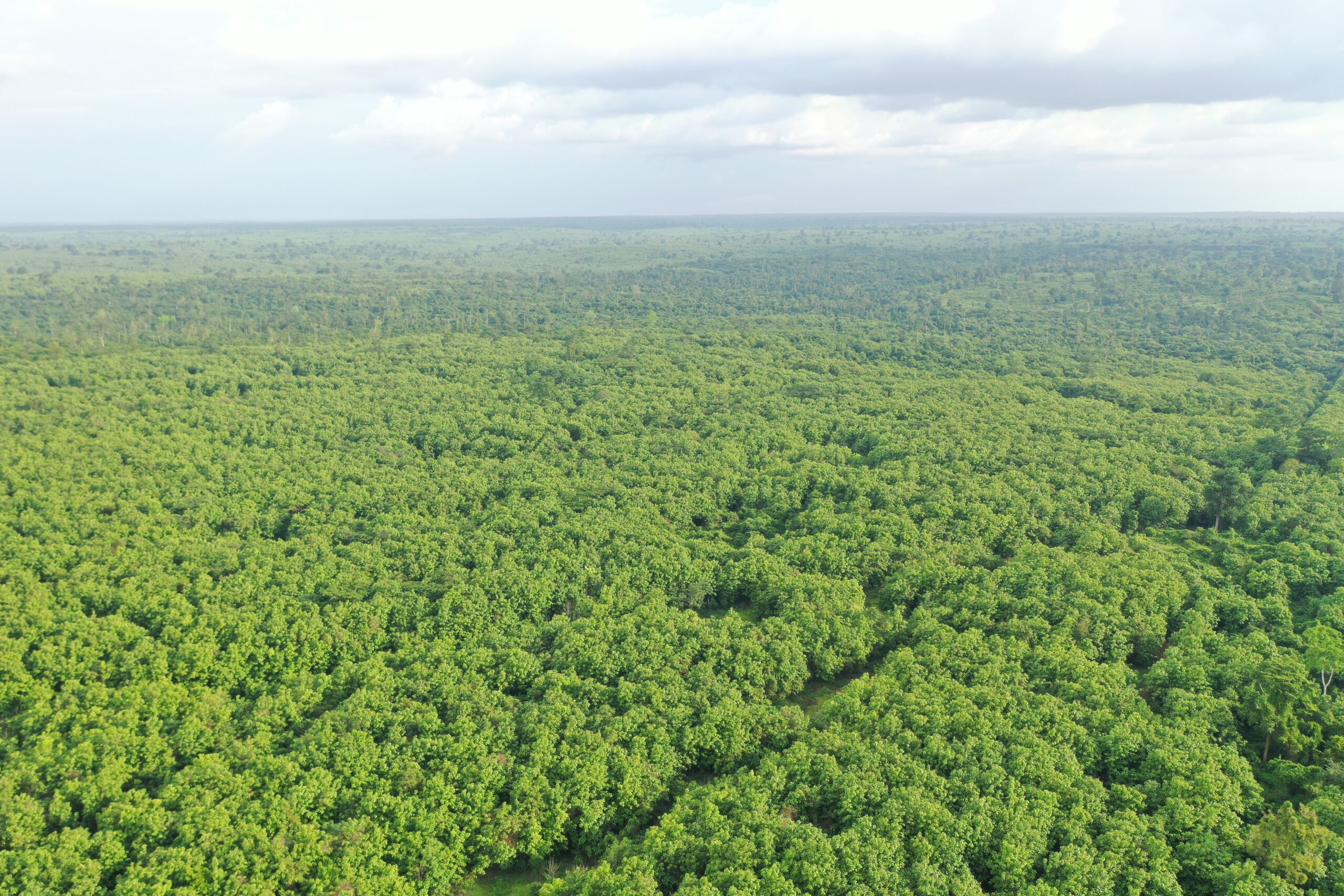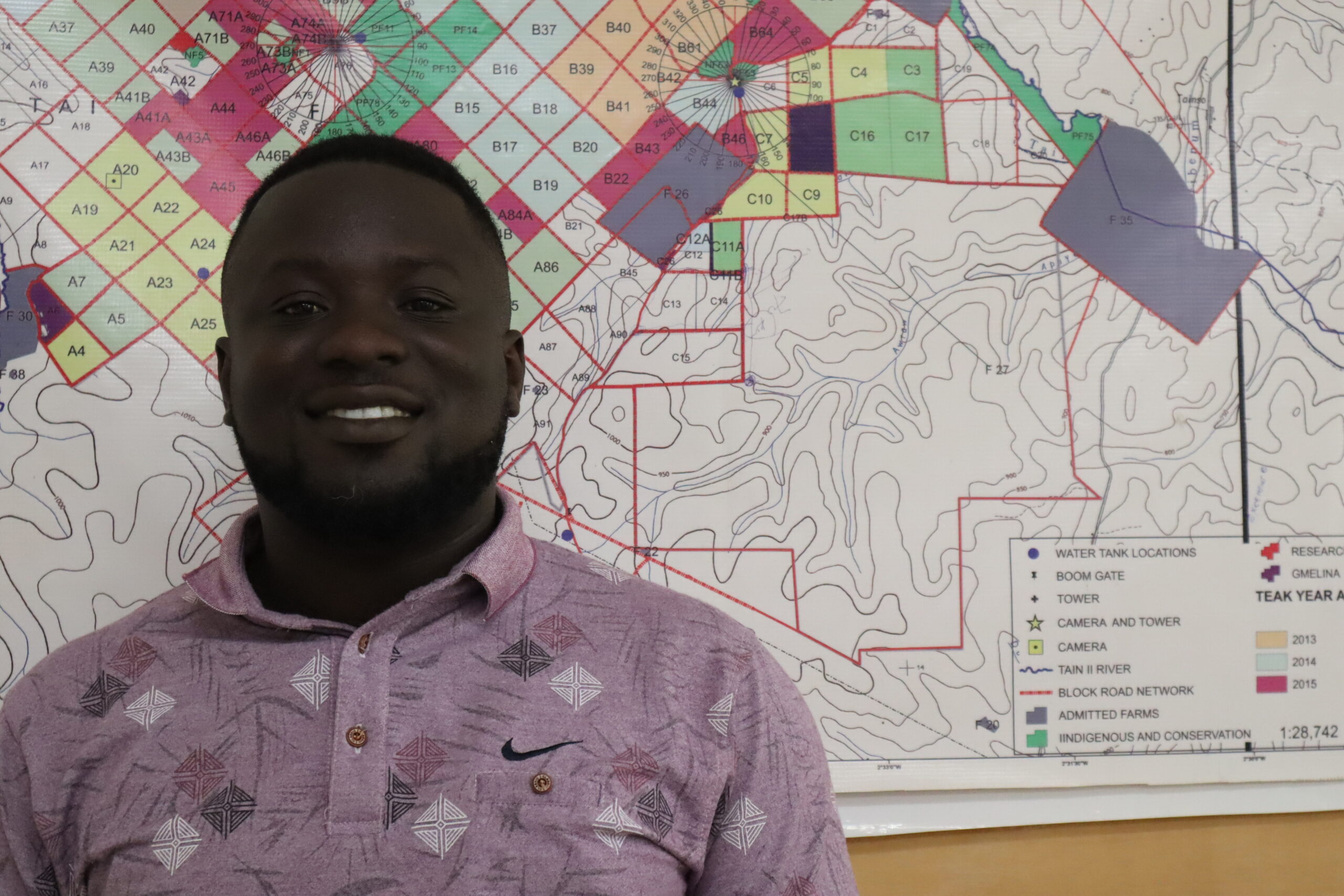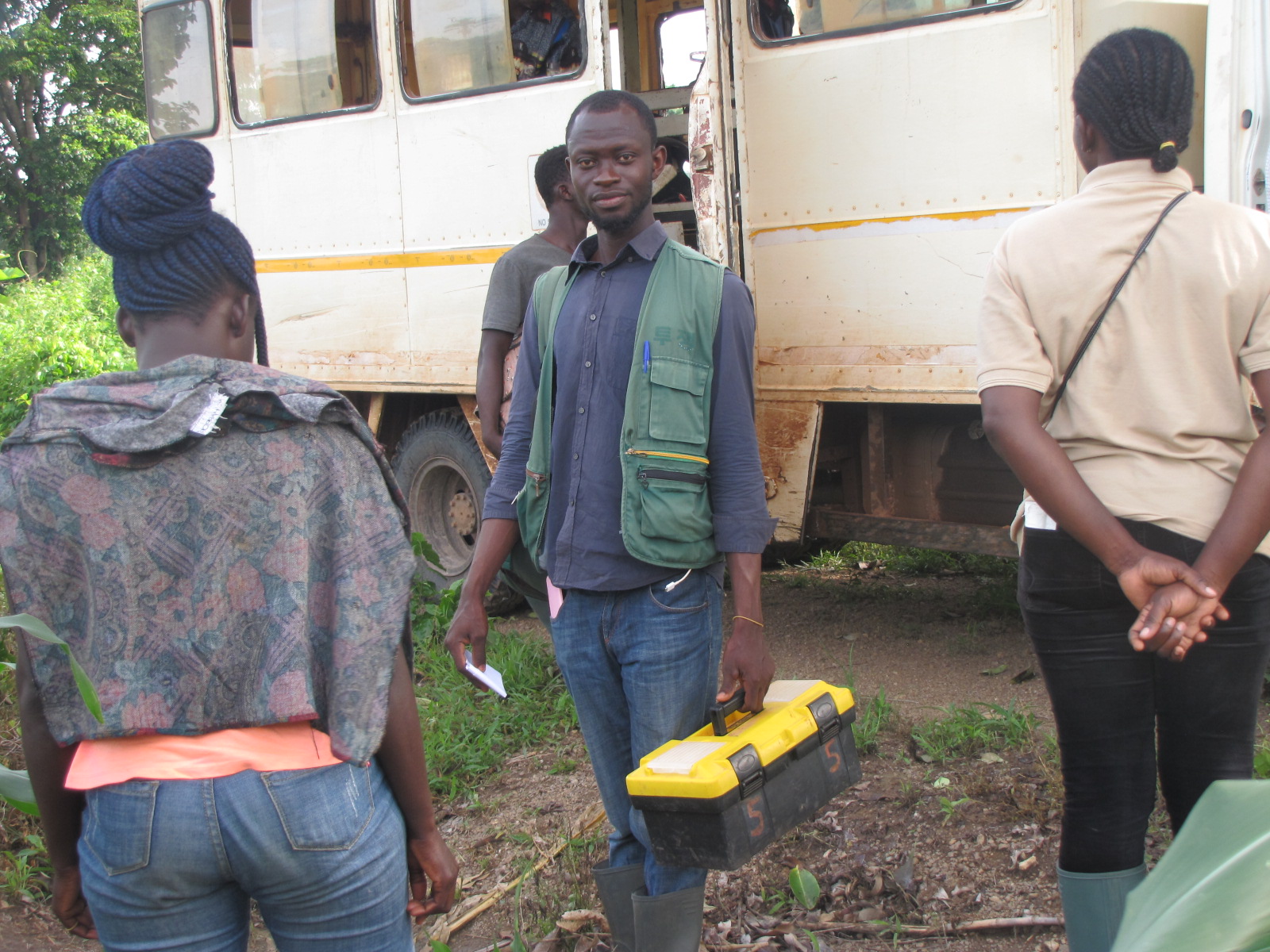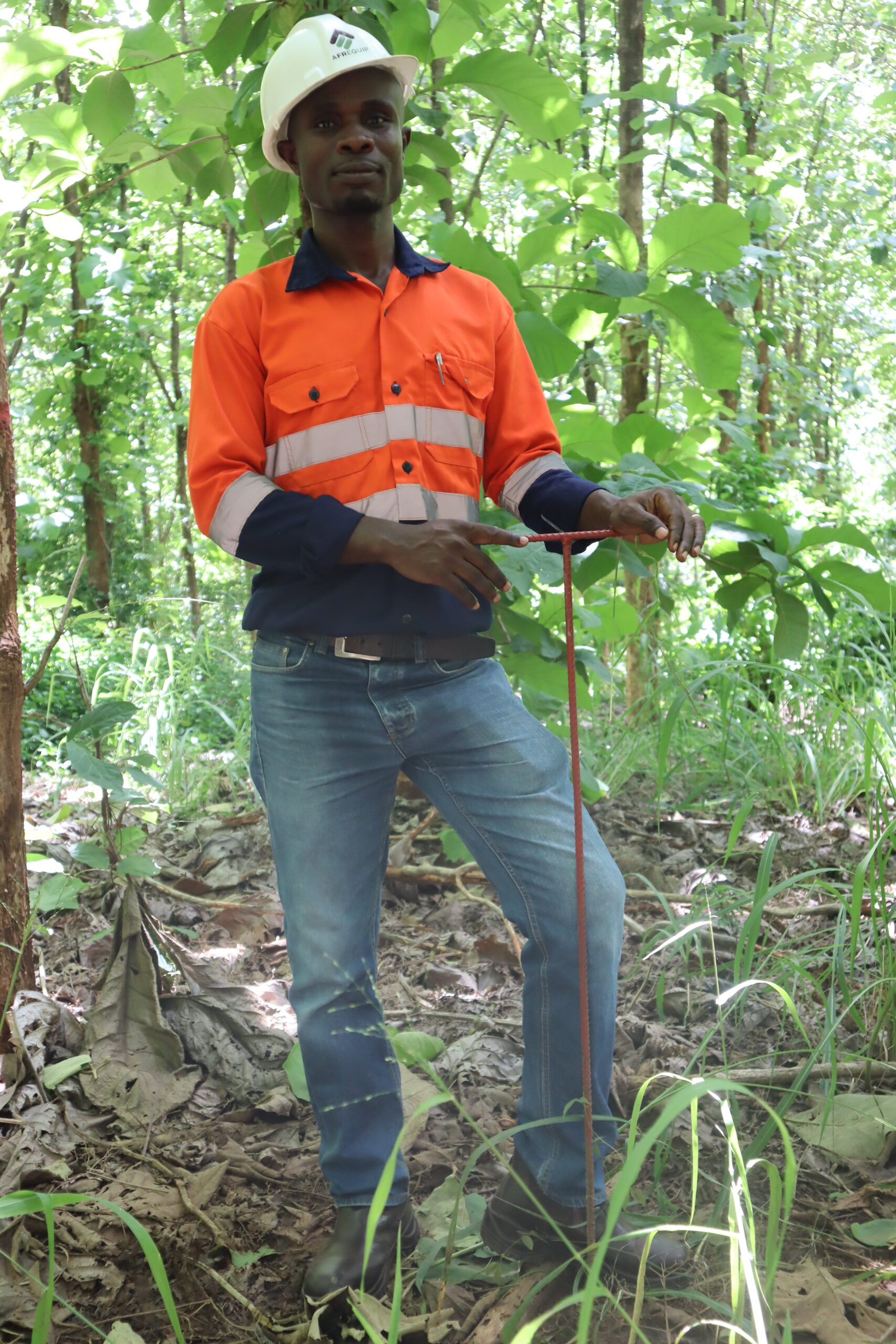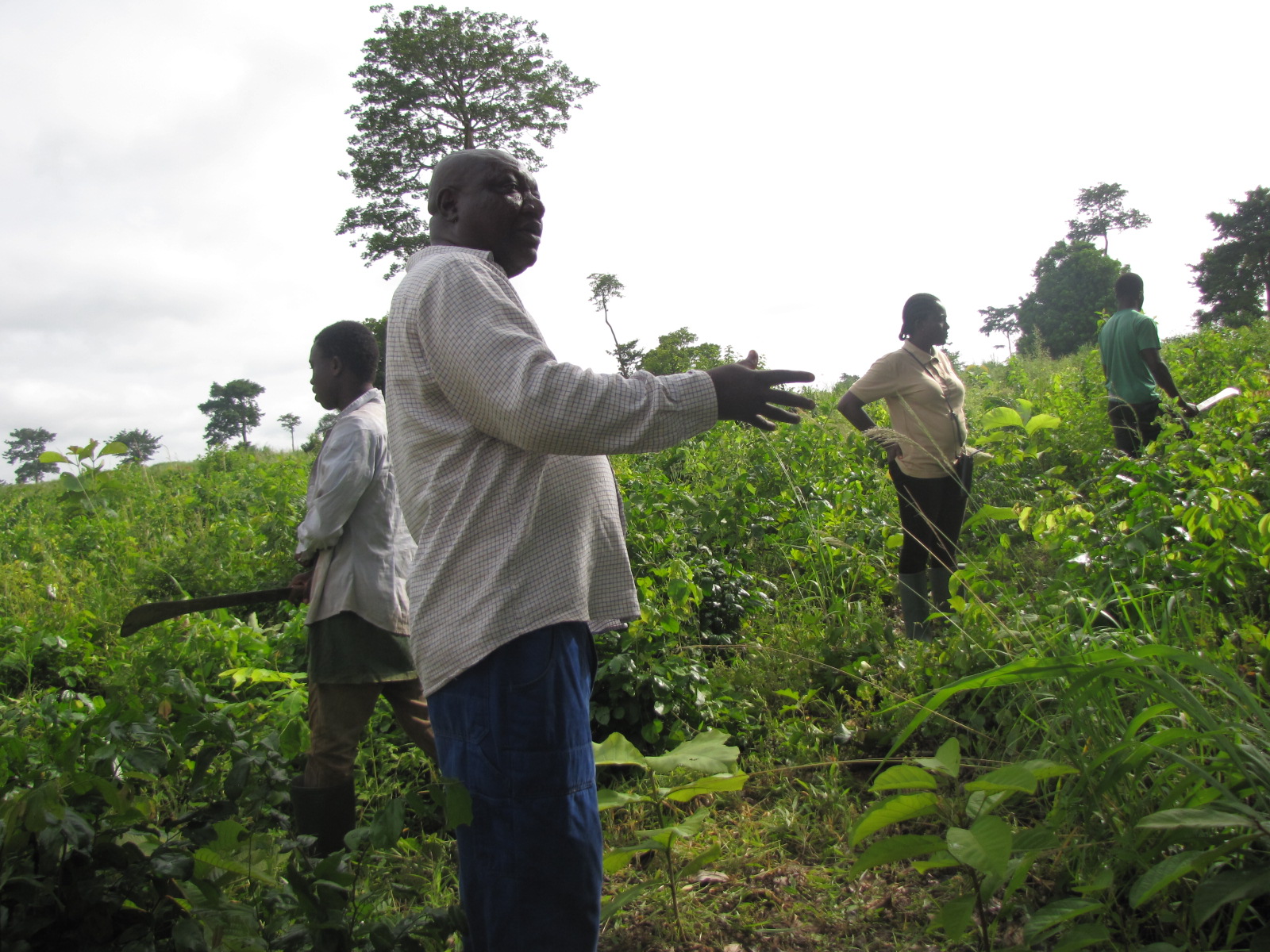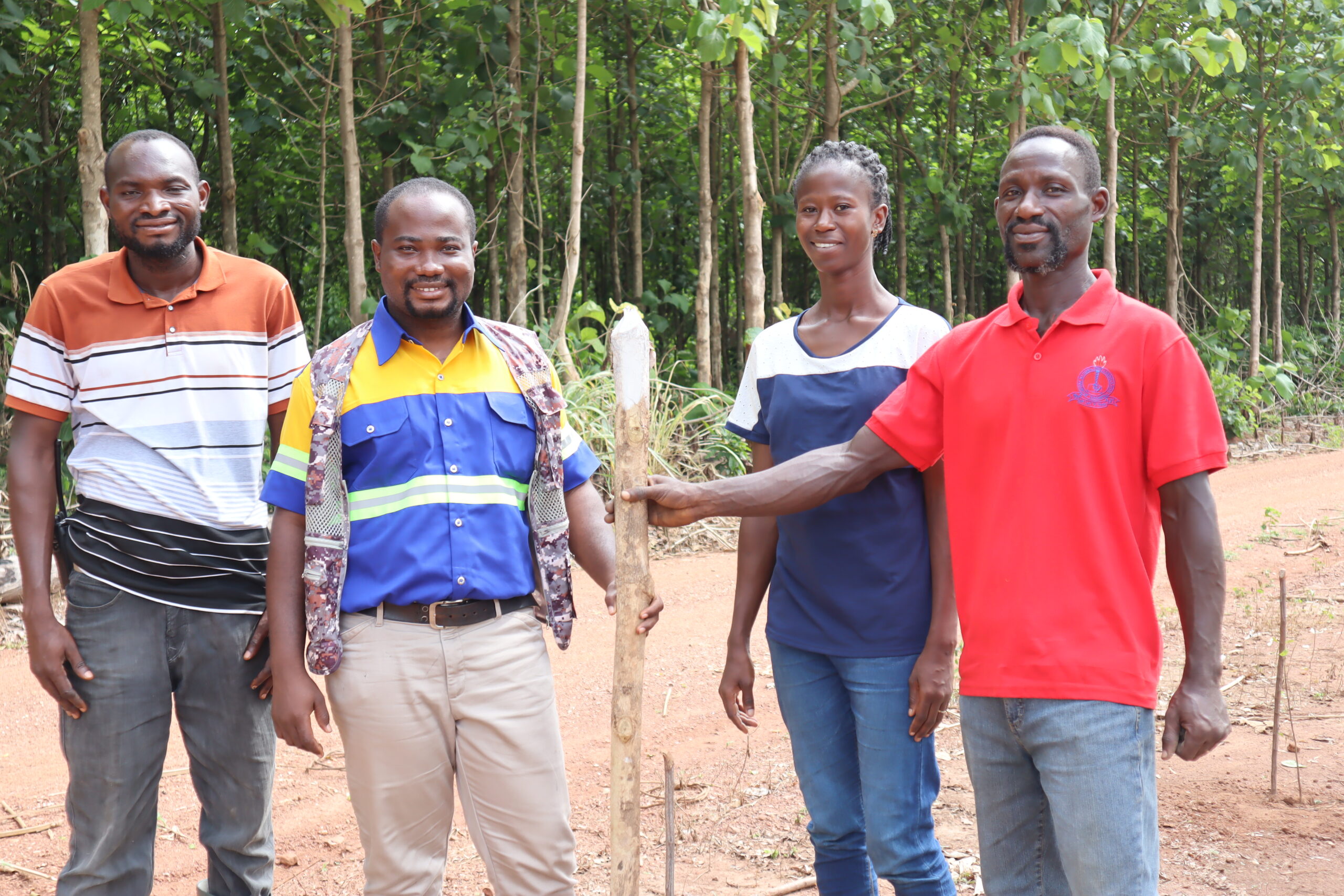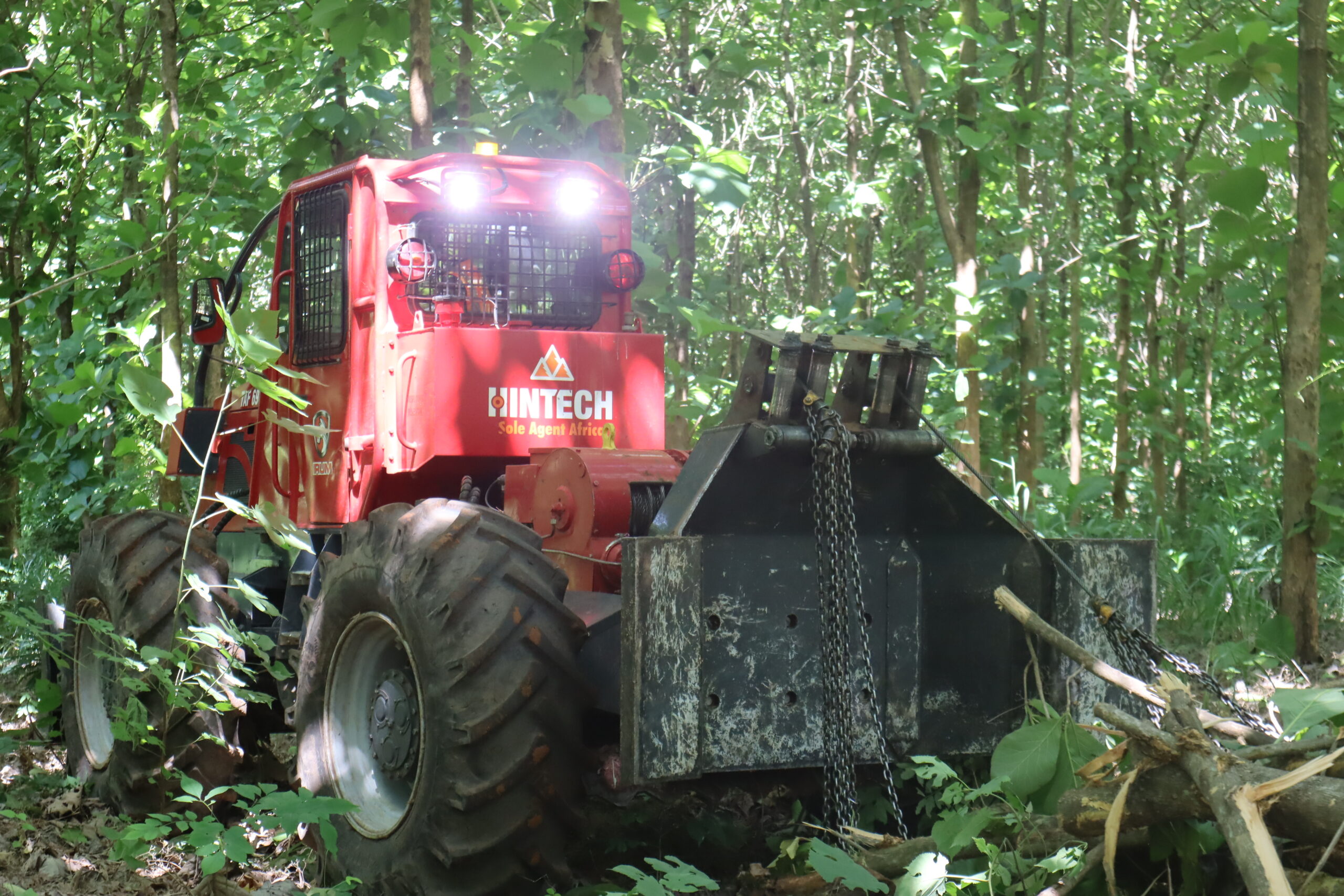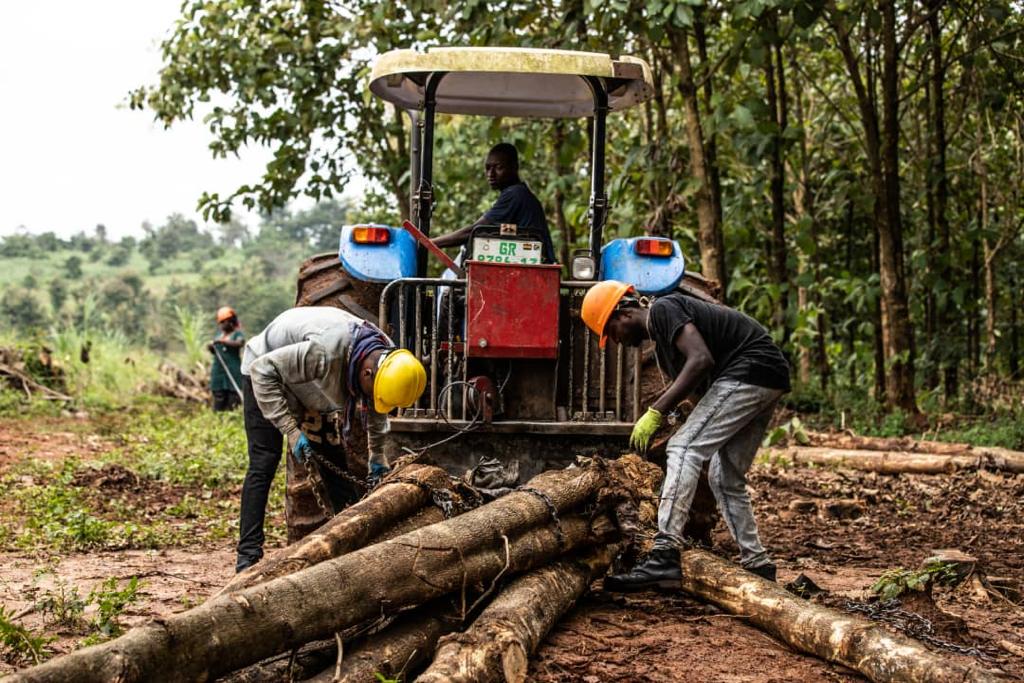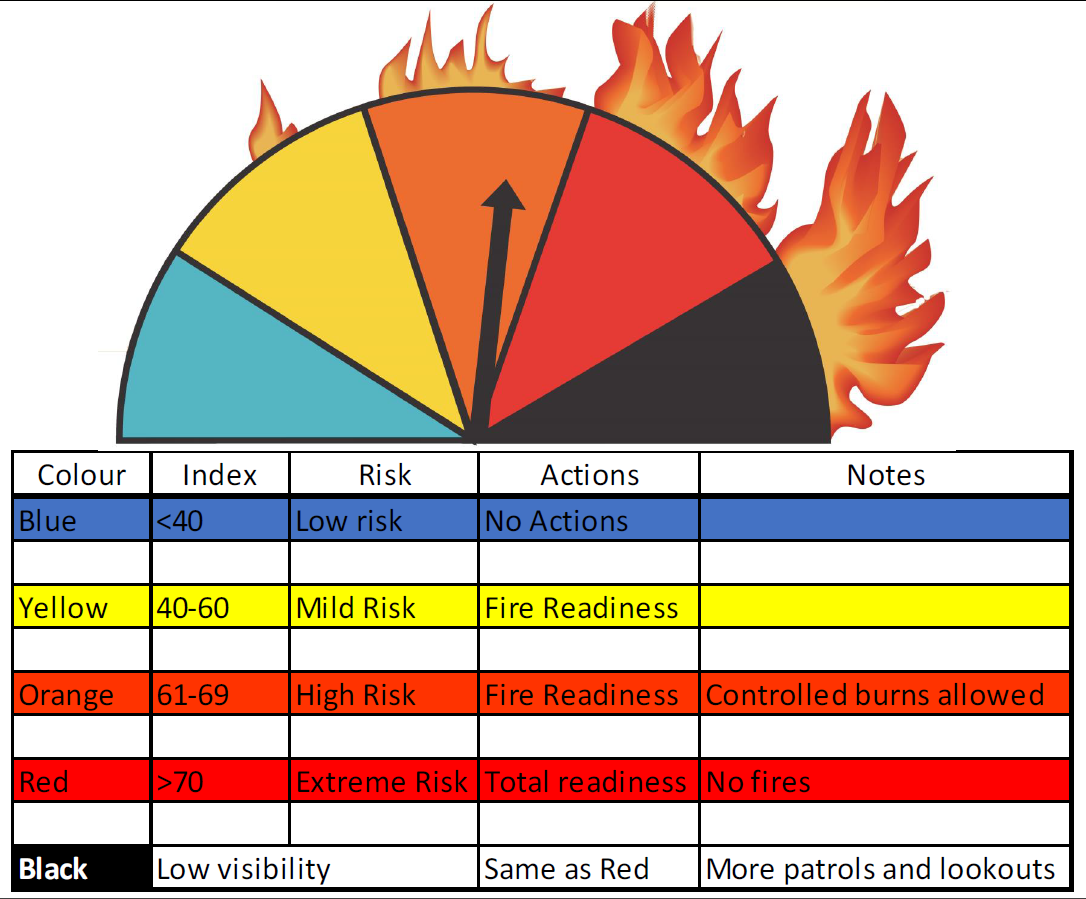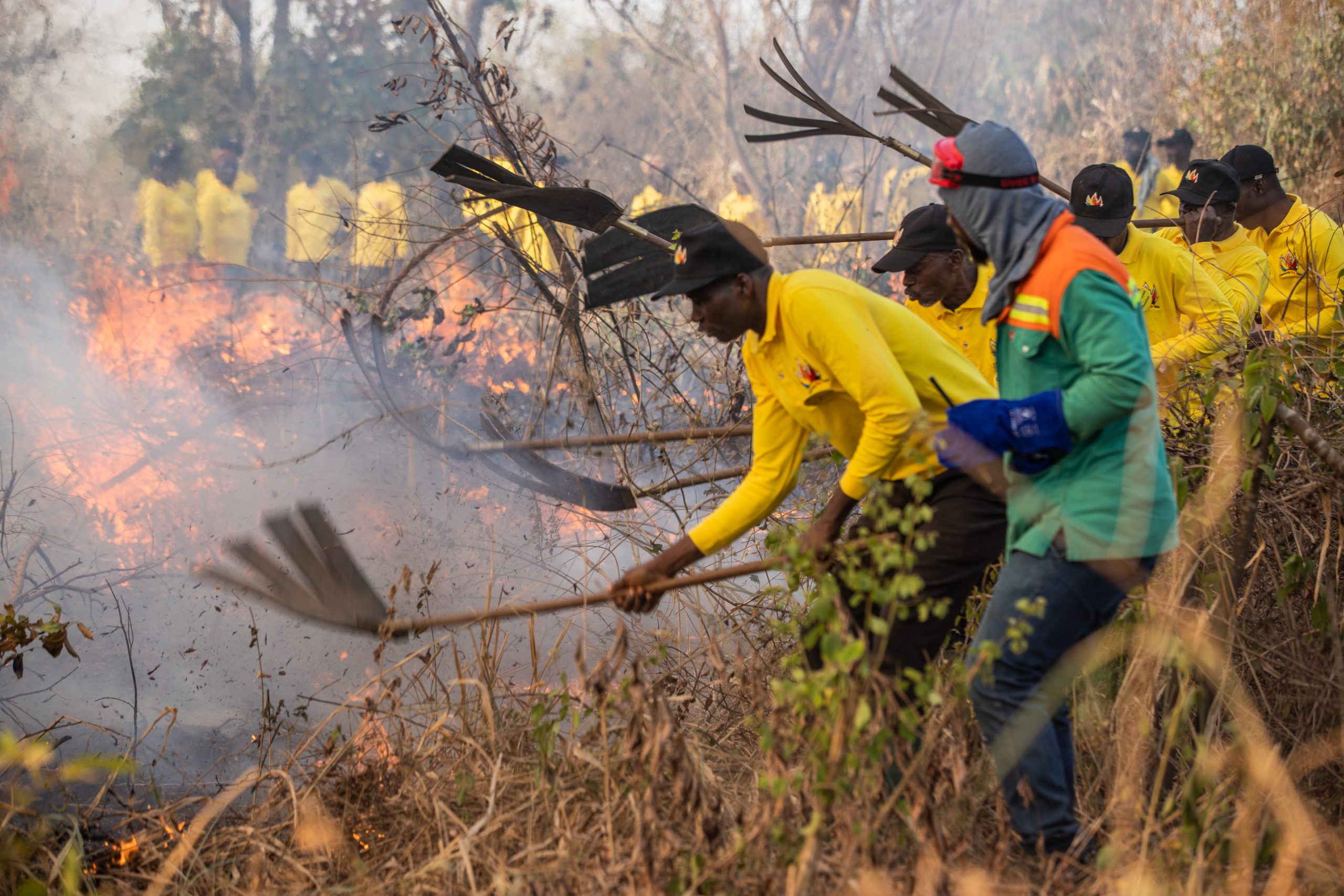Form Ghana has entered a Public Private Partnership with the Government of Ghana to reforest degraded forest reserves. The objectives are to establish and manage timber plantations with a maximum of 90% commercial teak and at least 10% of mixed local species and conserve natural, riparian forests.
The company's sustainably managed silviculture, monitoring and harvesting processes are uniquely adapted to the environment and aligned with the needs of the fringe communities. Form Ghana was the first certified forest plantation company in Ghana and West Africa.
